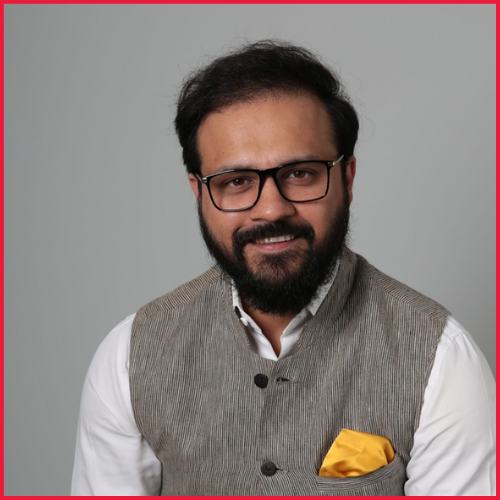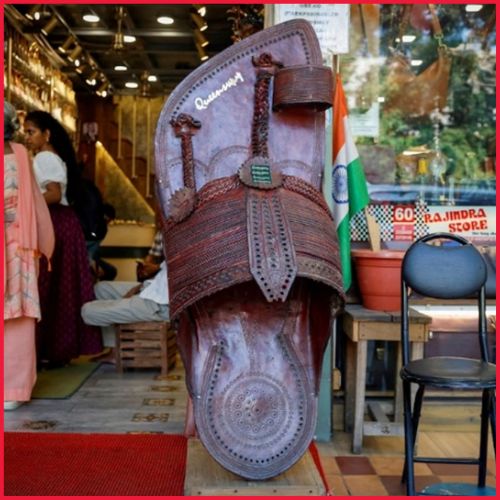The Chief Justice of India, DY Chandrachud, has urged judges to embrace technology for the sake of litigants, noting that plaintiffs should not be burdened because judges are uncomfortable with technology.
Speaking at the National Conference on Digitisation in Odisha, the CJI urged High Courts to continue adopting technology for hybrid hearings, emphasizing that such services are not limited to the COVID-19 program.
CJI Chandrachud remarked that when drafting a ruling the previous night, he emphasized that attorneys should not be overworked since judges are uncomfortable with technology. He went on to say that the remedy is simple: judges must retrain themselves.
He also mentioned his recent discussion with Chief Justices over the ability for attorneys to present electronically, noting that several High Courts have dissolved video conferencing systems despite having the equipment in place.
According to CJI Chandrachud, they have received multiple PILs from Indian attorneys claiming that hybrid hearings have been halted. As a result, he asked the Chief Justices not to demolish the infrastructure.
CJI Chandrachud also launched a neutral citation system and discussed his goal of creating paperless and virtual courts through the cloud. However, he also mentioned previous instances that occurred as a consequence of the live-streaming of proceedings.
CJI Chandrachud brought up the subject of several video clips showing a judge in Patna High Court asking an Indian Administrative Service (IAS) official about their unsuitable court apparel. Although these films are entertaining, they should be limited since there are more serious events taken on in the courtroom.
He noted that the integration of social media and live streaming creates a new problem, necessitating a centralized cloud infrastructure for live broadcasting as well as new court gear.
The CJI reaffirmed that Artificial Intelligence technologies will be valuable, but that judges’ discretion would still be required, especially in areas such as sentence policy.
“We do not believe we want to cede our discretion in sentencing policy, which we exercise on sound judicial lines. Simultaneously, AI is full of possibilities, and is it conceivable for the Supreme Court to have a record of 10,000 or 15,000 pages? “How do you expect a judge to digest 15,000-page documents that come with a statutory appeal?” According to Bar and Bench.
The Supreme Court recently unveiled a crowd-tested version of its e-filing platform, working with attorneys and clerks to increase awareness and give training. The CJI DY Chandrachud stressed that the Supreme Court exists to serve the whole nation and advocated for the centralization of cloud infrastructure for live broadcasting to handle the new difficulties brought by social media.














